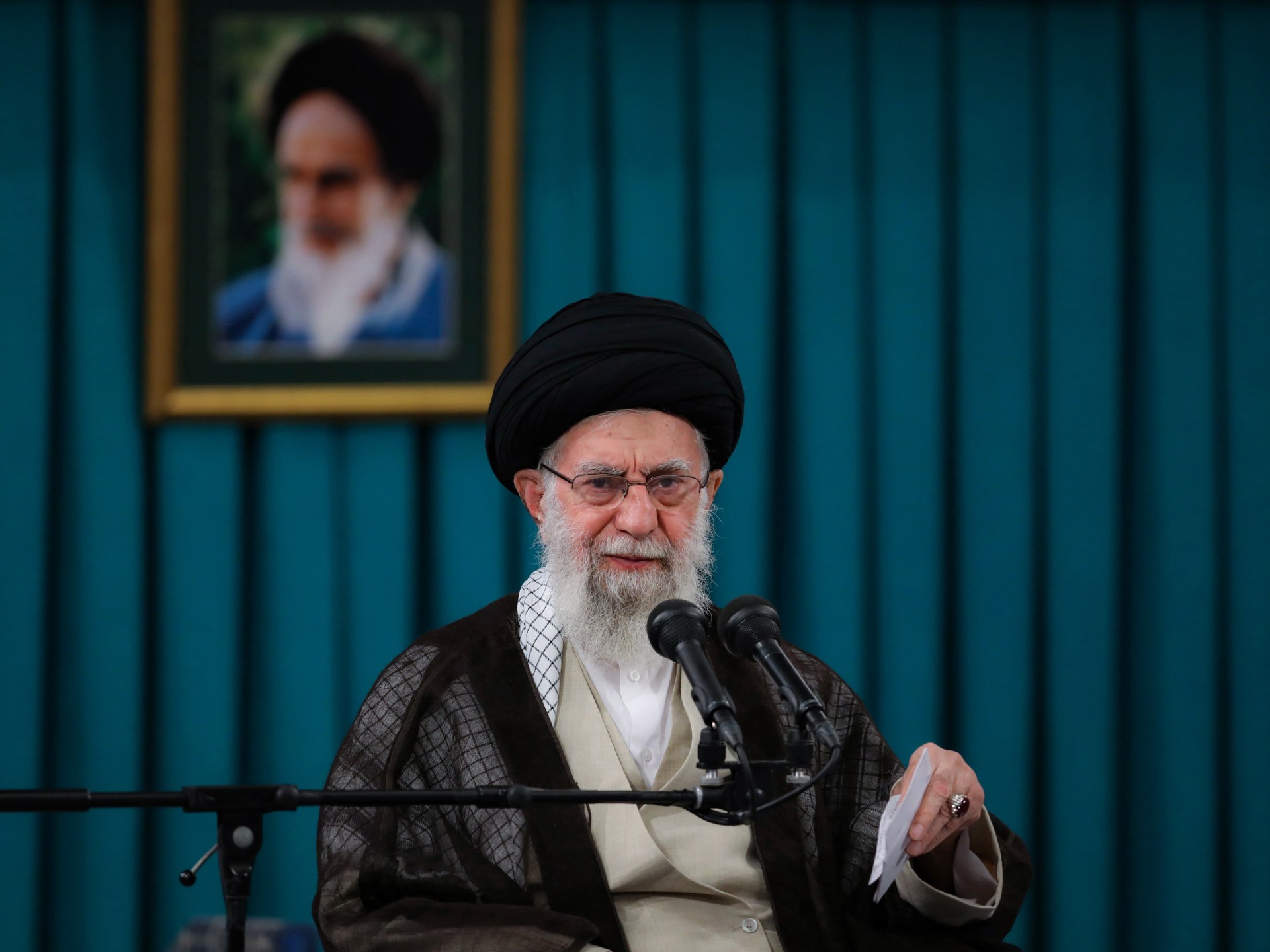The European Union and several European countries summoned Iran's diplomatic representatives, to protest against the suppression of demonstrations that have taken place in the country since mid-September, and to reject death sentences, as Washington promised to hold Tehran accountable, while Iranian Supreme Leader Ali Khamenei denounced foreign interference.
"We condemn the execution of Muhammad Mehdi Karmi and Muhammad Hosseini and the new sentences issued today," White House National Security Adviser Jake Sullivan said, referring to two people executed on Saturday and 3 death sentences issued on Monday.
"We join our partners in the world to demand an immediate end to these abuses. Iran will be held accountable," he added.
The European Union's External Action Service said that its Secretary-General Stefano Sannino summoned Iran's ambassador to the bloc, Hossein Dehghani, and assured him of the European Union's anger.
Sanino also reiterated the EU's call on the Iranian authorities to immediately annul the death sentences already issued against other protesters.
In turn, the German Foreign Ministry summoned the Iranian ambassador in Berlin on Monday again to protest against the execution of two Iranians in connection with the demonstrations sparked by the death of the young woman, Mahsa Amini.
Foreign Minister Annalina Barbock told a news conference in Berlin that she had ordered the summons of Iran's ambassador, Mahmoud Farazindeh, "to make clear categorically that the brutal repression and terrorization of citizens, as well as the recent executions, will not go unnoticed."
Barbuck considered that "a regime that kills its youth to intimidate its people has no future," and vowed to increase pressure on Iran through EU human rights sanctions against high-ranking members of the Iranian Revolutionary Guards.
German government spokesman Steffen Hebechtreit said that the German government strongly condemns Iran's continued use of the death penalty as a means of repression, as he described it.
The spokesman called on the Iranian regime again and urgently not to carry out more death sentences, and to abolish the death penalty immediately, and also promised to increase pressure on Iran in order to respect human rights.
The Iranian judiciary had announced the issuance of a preliminary death sentence against 3 people on charges of attacking and killing 3 security forces in the city of Isfahan last November.
The court also sentenced the three defendants to 10 years in prison for joining groups that Iran describes as terrorist.
In the same file, the court issued a 26-year prison sentence to another person on charges of participating in the war and disturbing public security in the country.
Khamenei responds
For his part, Iranian Supreme Leader Ali Khamenei considered that there are those who are trying to show that the cause of the riots is to protest against the weakness the country is facing administratively and economically, and that they have tried, through the riot, to target centers of power, security, scientific centers and tourism.
Khamenei added that the interference of foreign powers in the recent events in the country was clear, and that foreign media played a role in that.
The Iranian guide added, "There is no doubt that we are facing economic problems, so can they be solved by riots? Therefore, the enemy's goal is to target Iran's strengths, not its weaknesses."

